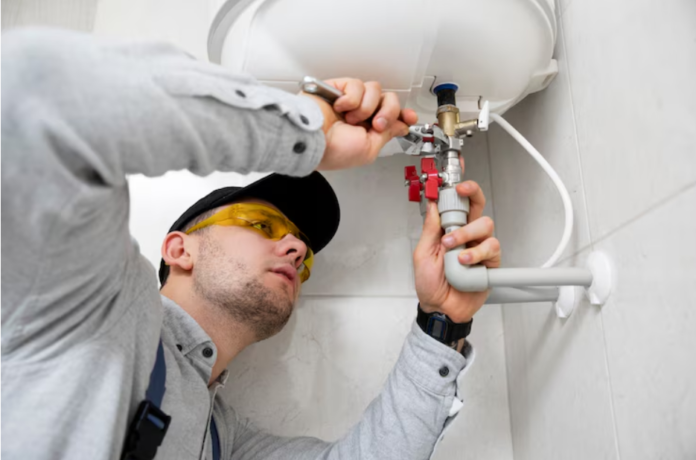Installing a water heater is a big investment that can significantly impact your home’s comfort and energy efficiency. Whether you are installing a new unit or replacing an old one, here are some crucial factors that you must consider to ensure you make the right choice for your needs.
1. Your Hot Water Needs
Before looking for different water heaters, you must understand the hot water needs of your home. This will not only narrow down your search but also help you find the best water heater according to your requirements and preferences.
Consider the number of people in your household and their daily hot water usage habits. In addition to this, think about the times when the hot water is most needed, such as showers after a workout or washing dishes after dinner. All these considerations are essential to determine the right tank size and the recovery rate of a water heater.
2. Type of Water Heater
Water heaters are of various types, each offering unique features and benefits. You can choose the one that perfectly aligns with your hot water needs and can provide you with the best experience.
The most common types of water heaters include:
- Tank Water Heaters: They are also known as storage water heaters, as they heat and store the water in a large insulated tank until it is needed.
- Tankless Water Heaters: These systems heat water on demand. They save a lot of energy but have higher initial costs.
3. Energy Efficiency
Energy efficiency is the most crucial factor to consider before water heater installation. You must invest in a model that can save a lot of energy and reduce your electricity bills. The energy-efficient water heaters feature the latest technology that heats water according to your needs. This reduces a lot of energy consumption and leads to lower electricity bills.
No doubt, these energy-efficient models are expensive and have higher installation costs, but they are a worthwhile investment that saves you a lot of money in the long run. Therefore, when investing in a water heater, you must consider its energy factor, which indicates how efficiently the system can convert energy into water. The higher EF means the lower energy consumption and utility bills.
4. Installation Requirements
Each type of water heater has different installation requirements that you must consider before setting up the system. This is essential to ensure a safe and secure installation process without any potential problems.
You must set a clear budget for the installation costs, including the expenses of labor, permits, and essential plumbing or electrical work. Moreover, hire an experienced and licensed technician to ensure proper installation of the system and adherence to the building codes.
5. Size of the Water Heater
Which size of the heater will be perfect for you depends on how much hot water you need on a daily basis. The wrong size water heater can result in many severe problems, such as poor efficiency and a higher chance of costly repairs and replacements in the future.
Therefore, before the installation of a water heater, it is important to assess your requirements, so you can make an informed decision.
